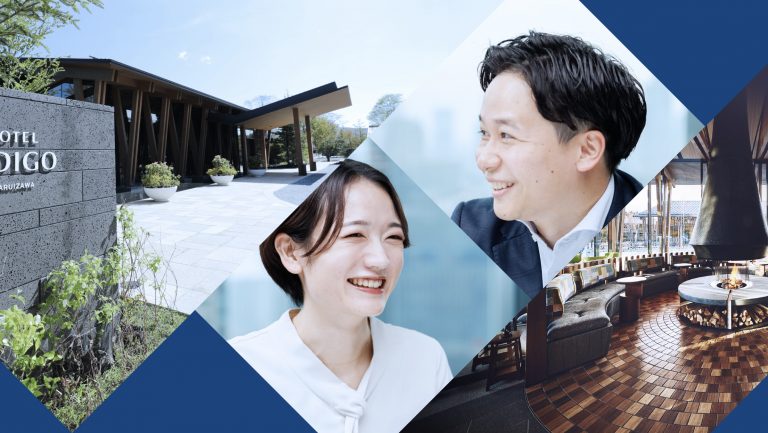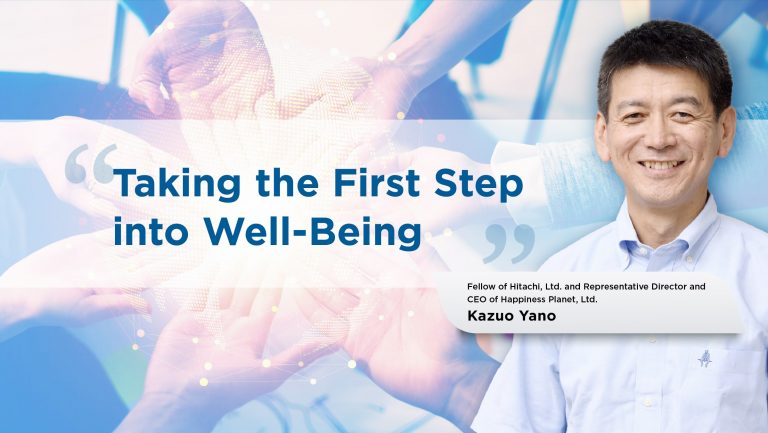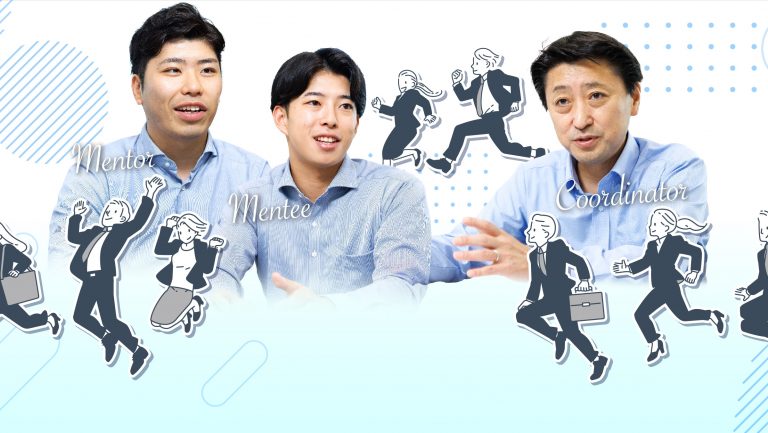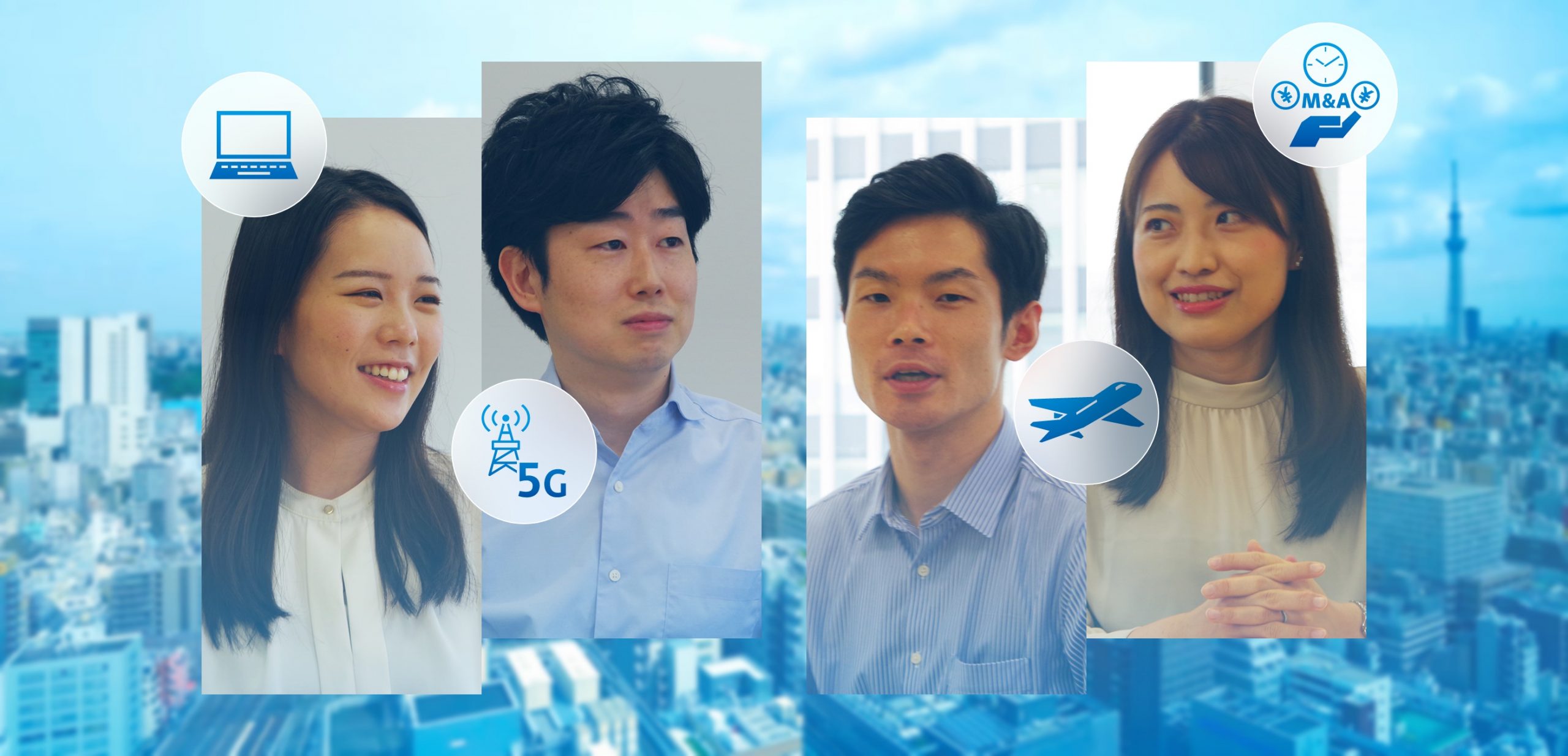
OJT Trainers and Second-year Employees Reflect on a New Form of OJT Born out of the COVID-19 Pandemic
Aug 25, 2021
Working from home has become an option during the COVID-19 pandemic and also triggered a diversification of work styles. Even when the pandemic comes to an end, work styles will probably continue to change, not to mention the expectations of what an organization should be and OJT methods.
In this issue, two pairs of OJT trainers and new employees who joined the company during the pandemic, Mr. Hino and Ms. Nariyasu in the Equipment Leasing Business, and Ms. Miyoshi and Mr. Tanaka in the Specialty Financing Business, share the OJT-related challenges they faced as well as creative efforts from their respective standpoints.
Tokyo Century’s OJT: A system that helps new employees build their knowledge in actual working conditions for one year after joining the company, and senior employees in assigned divisions serve as trainers.
OJT Challenges during the Pandemic--Trainer and New Employee Experiences

(From left side) Kanako Miyoshi, Specialty Finance Strategic Planning (currently the Investor Relations) ,Kento Tanaka, Specialty Finance Strategic Planning, Mana Nariyasu and Junpei Hino, Corporate Business IV.
――The first question is for the OJT trainers. What have been the challenges in doing OJT during the pandemic?

Hino
I wasn’t used to working from home, so I was very confused. I couldn’t sit next to my trainee in front of our computers to teach how to use our internal system like before. And actual contract documents can only be viewed in the office, so I didn’t know how to help her learn the job.
Around April 2020, we were under a declared state of emergency, forcing us to work from home as much as possible. I could only come to the office and see Ms. Nariyasu one day a week, or about every two weeks, so I tried to teach her when we could be in the office and prepared assignments for the next time we met while still trying to teach her from home as much as possible.
I also had a hard time helping my trainee gain a sense of how working in the office feels--for example, how his supervisor and senior staff work during the course of a day on their own schedules, with a different level of busyness in the morning and afternoon, and the timing of reporting to his supervisor. So that Mr. Tanaka could smoothly fit in with our team in the office, I tried to give him as much information online as possible in advance, including who is in charge of what project and the various work styles, preferences, and hobbies of each member.

Miyoshi
――My next questions are for the two first-year employees. How were you able to adjust to your work?

Nariyasu
I think one challenge with teleworking is that you don’t really get to know or see what everyone is doing. Because of this, my division colleagues shared the details of their daily schedules on the calendar so they could readily contact each other. Mr. Hino took time to teach me about practical sales activity scenarios that can only be done when we work in the office.
I asked many questions to gain a better understanding of the overall operations of my division. Others may do this as well, but I made sure to get all my questions answered, and I was careful not to miss any opportunities to communicate with Ms. Miyoshi. Using online tools such as chat and Zoom, I was able to get answers to questions in real time. Even when she couldn’t respond right away because of other work, she did get back to me later on the same day with the answers I needed, and I was grateful for that.

Tanaka
Anxiety and nervousness eventually turned into a strong awareness and firm confidence
――When did you feel a sense of accomplishment as you were learning about work, despite the challenges?
In my first year at the Development Group of the Specialty Finance Strategic Planning Division, I was mainly engaged in the administration of Aviation Capital Group LLC, a major U.S. aircraft leasing company that joined Tokyo Century Group in 2019. Initially, I had a lot to learn, but with the guidance of senior staff, I was gradually able to become involved in more challenging projects. For instance, I was put in charge of preparing a fairly important request for approval for the Aviation Capital Group around January, and I was actually able to obtain that, giving me a great sense of accomplishment.

Tanaka


Nariyasu
I belong to the Corporate Business Division IV in the Equipment Leasing Business, where we do a lot of business with media companies related to TV and movies.
I started to take charge of several clients around October, six months after joining the company. I think it was around that time when I became clearly aware of being an important member of the division. Identifying contract details for each customer, managing credit, and dealing with irregularities during the contract period are not easy, but because of these, I became increasingly aware of the more fun parts of work.
――From the trainer’s standpoint, did your impression of your trainee change during the course of OJT?
When OJT got underway, I felt he was anxious or nervous all the time, because I could see that in his facial expressions and hear it in every word he said. But it didn’t seem to take him long to get used to his job.
I clearly remember how confident he looked as he started sharing his thoughts without hesitation to division staff. He also achieved the goals of learning the characteristics of the aircraft leasing industry and understanding the process of M&A, which I had set as his goals by the end of "1-year OJT." He also learned how to prepare documents and perform financial analysis more efficiently, and he demonstrated outstanding performance as a member of the team. His ideas have actually improved the efficiency of some tasks in the division. And he created an Excel file to summarize the financial information of our U.S. subsidiary, including lists of financial information by fiscal year and automatically calculating indexes such as ROA for each quarter; the file is fully ready to be used for presentations. It has been well received by division staff too, as it seemed to be very useful going forward.

Miyoshi

Hino
In the case of Ms. Nariyasu, I was impressed by her dignified manner, starting with her introduction speech on her first day of work.
Also, since office access was restricted, I tended to try teaching her too much at a time, but she nevertheless steadily mastered business skills. She is also actively offering proposals to customers, which I feel shows a very positive attitude.

Nariyasu
Thank you very much. Through actual business, I’ve been gaining a deeper understanding of the basics of leasing and finance that I learned during the training immediately after joining the company. I enjoy feeling a sense of fulfillment every day.
Room for personal growth that the trainers felt throughout the year of OJT

――Do you think training has led to personal growth?

Hino
I felt some pressure, with the thought that being unable to answer her questions wouldn’t be acceptable. But the pressure turned out to be a good stimulus for me. And I also feel that--by serving as trainer--I was able to organize my own work and the business development of my division.
As my career moved forward, I realized that I’d risen to a level on which I could teach others, so I became more aware of that during the OJT.
I also feel that I’d gained a deeper understanding of operations. Even when I felt I could behave like a senior employee who knows the answer to every question, I tried to check with people around me to eliminate assumptions and misconceptions. As a result, I feel that the accuracy of my own work has also improved.
Since the start of this fiscal year, I’ve been working in the Investor Relations Division, but I keep in touch with him, and we often exchange ideas. It would be great if we could develop these kinds of personal connections into collaborations between divisions.

Miyoshi

Nowadays, Ms. Miyoshi teaches me about basics of IR, and I share the latest trends in the aircraft leasing industry with her. We’ve been exchanging information even after OJT was completed. The Investor Relations Division and Specialty Finance Strategic Planning Division often collaborate in many ways, so I can apply her information in my work.

Tanaka
――Looking back on the past year, what advice would you give to future OJT trainers?

Hino
When I started working in sales, I accompanied senior staff, which ultimately became a source of support. With the help of my division colleagues, I had Ms. Nariyasu attend the business meetings of other staff. I thought that by observing different sales styles, she’d be able to incorporate them into her own style and see the entire division from a wider perspective.
We also exchanged information among OJT trainers. We found each individual’s ingenuity helpful, so I recommend that OJT trainers collaborate with one another. I think that sharing good practices and applying them in different environments can improve the quality of OJT, lead to personnel exchanges and information sharing on projects, and ultimately generate synergies.
When I first started OJT with Mr. Tanaka, I remembered my days as a new employee, including how I thought and looked at things back then. And in order to make him feel relaxed at work, I generously shared my past mistakes. I want to emphasize the importance of being considerate and humble in building relationships of trust.
It’s important to convey the meaning and significance of work so that it doesn’t become just another task. Over the first few years, new employees are given a lot of detailed tasks that support large projects behind the scenes. As I’ve learned from senior staff, it’s important for new employees to understand who and what a task is for so that they can feel it’s worthwhile and will lead to improvements and ingenuity.

Miyoshi
Drawing on what they learned during OJT, each of the four expressed their determination to continue taking on challenges in a drastically changing society

――What do you want to try going forward?

Hino
My division’s main customers are information, telecommunications, and media companies, and I’d like to use the business domain of our division to explore new developments in high-speed wireless communications such as 5G and content-related businesses, which may align with the direction of the entire Group as a company with financial capabilities.
It has only been a short time since I moved to the Investor Relations Division, so my first priority has been to learn all related to the division. My future career vision is to accumulate enough experience to contribute to IR activities and ultimately the entire company, including overseas Group staff that I’d been connected to in my previous division.

Miyoshi

Nariyasu
I have the same desire to work with staff overseas. I was attracted to Tokyo Century’s enterprising corporate culture, and after joining the company, I feel that energy is even stronger. So, I want to keep my motivation high and achieve my goal of being assigned overseas.
Keeping in mind that my current work is leading to future goals, I’d like to continue to grow while carefully handling every task.
My year of OJT was when I witnessed the impact of the COVID-19 pandemic on the airline industry as well as the various creative efforts of related companies worldwide. Digitization is advancing rapidly, and dramatic changes are occurring in the business environment where traditional values are no longer applicable. I feel this is already happening in every industry.
High adaptability to digital technology should be an advantage of my generation. Since April, I’ve been concurrently working at the Principal Investment Division, so I won’t hesitate to join new types of projects that I’ve never been involved in before. I will gain experience, striving to be someone who uses their strengths to return the knowledge they’ve acquired to the organization.

Tanaka

Mana Nariyasu
Corporate Business Division IV
Joined the company in 2020. Primarily in charge of major media and entertainment companies at a department in charge of domestic leasing for major clients.

Junpei Hino
Corporate Business Division IV
Has worked at the Business Process Management Unit, regional branch, and the Metro Tokyo Business Division. Currently engaged in lease sales for major domestic clients at Corporate Business Division IV.

Kento Tanaka
Specialty Finance Strategic Planning Division
Joined the company in 2020. He was assigned to the Specialty Finance Strategic Planning Division, where he was engaged in investee management, M&A, and other strategic investments, mainly in Aviation Capital Group LLC, a U.S. aircraft leasing company that became a wholly owned subsidiary of Tokyo Century in 2019. He has been concurrently serving in the Principal Investment Division since April 2021.

Kanako Miyoshi
Specialty Finance Strategic Planning Division (currently the Investor Relations Division)
Joined the company in 2016. She was assigned to the Specialty Finance Strategic Planning Division, where she was mainly engaged in M&A and management of U.S. companies, and then she moved to the Investor Relations Division in April 2021, under the Career Challenge Program (internal recruitment system).
*The contents of the article and the position titles are as of the date posted.
RECOMMEND ARTICLES
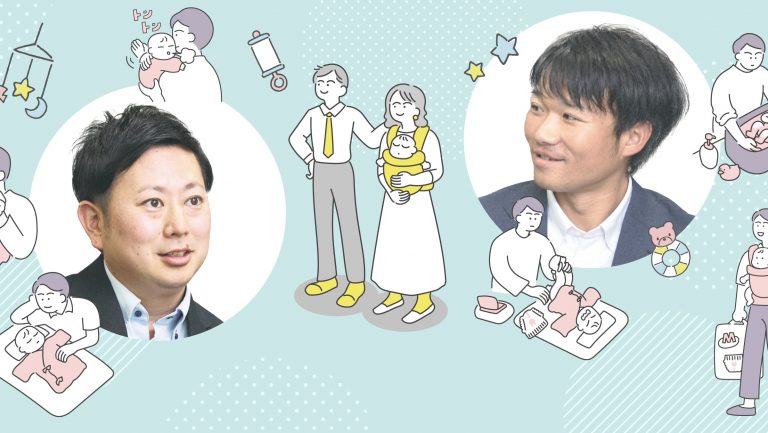
Feb 28, 2024
With the Act on Chil…
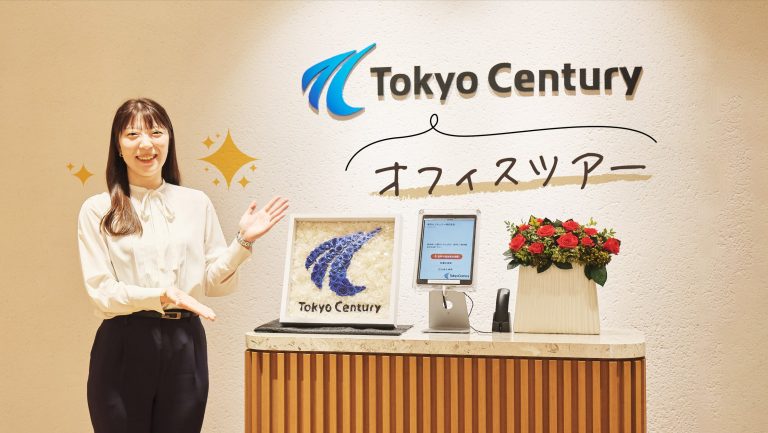
Sep 27, 2023
TOKYO TORCH is a new…


